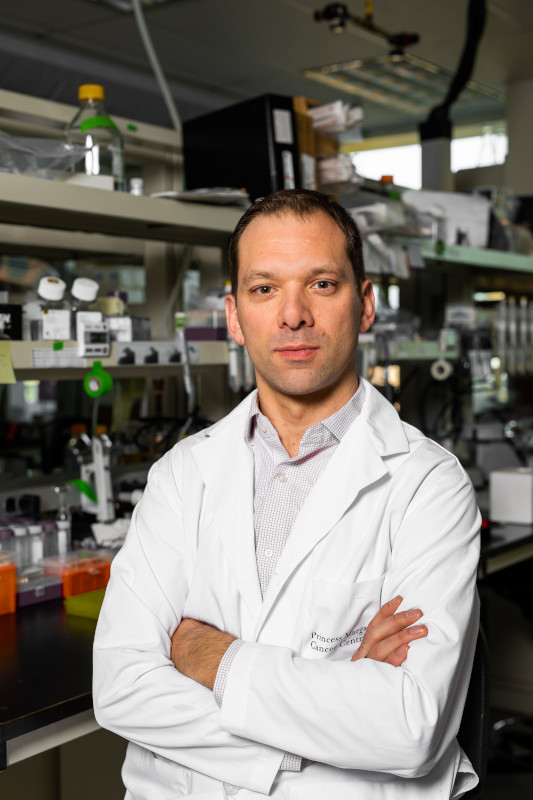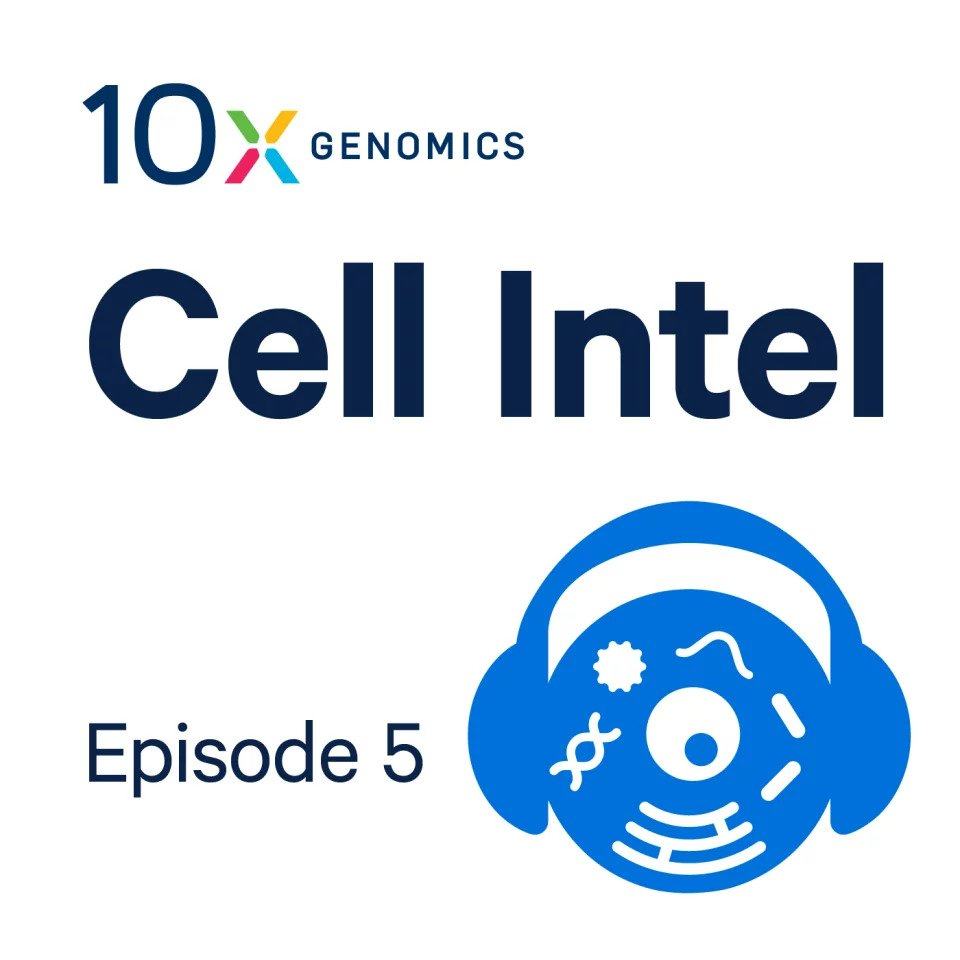Vision
Conquer cancer by treating it as an epigenetic/chromatin disease.
Our Five Strategic Priorities
Clinical Significance
Conduct research on clinically relevant needs and applications.
Functional Epigenomics
Identify chromatin & epigenetic determinants of cancer states.
Precision Medicine
Drive precision medicine using chromatin & epigenetics-informed therapies.
Impactful Computational and Biological Methods
Provide impactful and simple chromatin & epigenetics-based computational and biological methodologies.
Clinical Applications
Convert our discoveries and methodologies into needed clinical applications.
Our culture
We embrace diversity as our greatest asset. It spurs our creativity, galvanizes our collaborations and drives our innovations.
Our four organizational pillars
Complementary team composition
The research team consists of highly qualified trainees with expertise in computational sciences and in experimental oncology engaged in the design and implementation of state-of-the-art software as well as the adoption and development of the latest chromatin & epigenetic technologies.
Partnerships accelerating our clinical impact
We collaborate with national and international clinician-scientists to address the most pressing needs for cancer patients. We partner with scientists across diverse disciplines to conduct research at the leading edge of innovation and transform tomorrow’s care.
State-of-the-art infrastructure and comprehensive resources
The Princess Margaret Cancer Centre is one of the top 5 cancer research centres in the world, and Canada’s largest cancer research and treatment centre. Its infrastructure and resources enable research at the forefront of clinical transformation by accelerating the conversion of basic and translational discoveries into the clinical setting.
Hosted in the 6IX
Toronto is the fourth largest city in North America and one of the world's most multicultural cities. With a committed discovery district and a growing reputation as the global home of Artificial Intelligence, Toronto is home to the fastest growing tech ecosystem in North America and provides unique opportunities for the commercialization of discoveries. Toronto is the city on hyperdrive, the land of multitude that opens your curiosity and broadens your horizons.
Research
Why chromatin & epigenetics
“Cancer is a disease of the chromatin, because the genetic contributions to phenotypes are entrusted to the chromatin.”
- Mathieu Lupien Ph.D.
A human consists of trillions of cells with different functions to form different tissues & organs. While genetic differences account for the phenotypic traits unique to individuals, cells from different tissues & organs isolated from one individual each carry a copy of the same genome, a sequence of 6 billion DNA base pairs. Cells across tissues & organs appear and function very differently from one another because each uses different sections of the 6 billion DNA base pairs they carry.
In cells, DNA is packaged with proteins to form chromatin. Chromatin ranges from being “compacted” to “accessible”, the latter associated with sections of the genome driving cell identity. Tissues & organs develop from gradual changes in chromatin accessibility occurring over different DNA base pairs in a stem cell that differentiates into one of many mature cell types. While some DNA base pairs fall in compacted chromatin, others will lie in accessible chromatin to serve as templates for biological functions. Along the way, changes to chromatin accessibility are bookmarked with hundreds of different chemical modifications, such as DNA methylation. These chemical modifications are commonly referred to as “epigenetic” marks. Different combinations of these epigenetic marks over sections of DNA define epigenetic states. Epigenetic states differ across accessible and compacted chromatin and provide information complementary to DNA sequences. DNA base pairs that transition between chromatin accessibility or epigenetic states over development correspond to chromatin variants. Identifying chromatin variants specific to a cell type can therefore identify the genetic basis of a cell’s phenotype.
Cancer is a disease of the chromatin because it arises when a patient’s normal cell acquires the wrong chromatin variants, such as when a normal cell loses control over which sections of the genome are in accessible versus compacted chromatin. Such chromatin variants can originate from inherited or acquired genetic variants, including risk-associated single nucleotide polymorphism (SNPs) or somatic mutations respectively. They can also originate from environmental stresses, such as metabolic stress. Cancer-specific chromatin variants reveal which misused DNA sequences contribute to oncogenesis. Understanding the nature of DNA sequences found in cancer-specific chromatin variants reveals genetic dependencies to oncogenesis and by extension the Achilles heel of cancer needed to guide precise treatment decisions. This is why our research is focused on chromatin and the epigenetics of cancer.
Software
Publications
Team Members
Dr. Mathieu Lupien
"I commit to creating an environment that gets the genius out of the box of those around me and lays the foundation of their professional advancement."
- Post-doctoral fellow – Dana-Farber Cancer Institute/Harvard Medical School, Dr. Myles Brown alumnus
- PhD – McGill University, Experimental Medicine, Dr. Sylvie Mader alumnus
- PLDA – Harvard Business School alumnus
Dr. Mathieu Lupien is a Senior Scientist at the Princess Margaret Cancer Centre and a Professor at the University of Toronto, with a cross-appointment at the Ontario Institute for Cancer Research. He serves on both the Research Executive and the Research Council on Oncology at the Princess Margaret Cancer Centre and is Chair of the Genetics and Epigenetics Program.
Dr. Lupien’s research posits that cancer is fundamentally a disease of the chromatin—the complex of DNA and proteins. Through his research, Dr. Lupien shifts the focus beyond genetic mutations to understanding how chromatin variants are acquired and inherited in a Mendelian manner to disrupt normal cellular processes and promote oncogenesis. Among his key discoveries, Dr. Lupien discovered chromatin variants in cancer that affect gene expression. He also contributed to identifying pediatric ependymoma as the first example of a cancer driven solely by chromatin variants rather than genetic mutations. By integrating chromatin and genetic variants, Dr. Lupien’s unveiled new classes of cancer drivers within the non-coding genome, and their combined action in cancer. Finally, his research has demonstrated the value of epigenetic therapies targeting chromatin variants to treat aggressive cancers, such as breast, prostate, leukemia, and diverse brain tumours.
In recognition of his contributions, Dr. Lupien has received numerous honours, including the Allan Slaight Collaborator Award, the Mona Gauthier Award, and the Canadian Cancer Society Bernard and Francine Dorval Award for Excellence. He is a three-time recipient of the Investigator Award from the Ontario Institute for Cancer Research, a two-time recipient of the Till and McCulloch Discovery of the Year Award, and an elected Fellow of the Royal Society of Canada.
Dr. Lupien earned his PhD in Experimental Medicine at McGill University under the mentorship of Dr. Sylvie Mader. He completed postdoctoral training in Medical Oncology as an Era of Hope Fellow at the Dana-Farber Cancer Institute/Harvard Medical School under the guidance of Dr. Myles A. Brown, and pursued executive education (PLDA) at Harvard Business School. Dr. Lupien joined the Princess Margaret Cancer Centre and the University of Toronto in 2012.
Email: Mathieu(dot)Lupien(at)uhn(dot)ca
Team Diversity
Current 0
Alumni 0
Intern students 0
Join us
The Lupien Lab offers a multi-disciplinary team setting. The lab brings together enthusiastic scientists with diverse backgrounds, providing a wide range of perspectives to each research project. This translates into the ideal research environment to push the boundaries of our imagination. Prospective post-doctoral fellows should send their C.V. along with three references to Dr. Mathieu Lupien by email at Mathieu(dot)Lupien(at)uhn(dot)ca
Prospective graduate students (MSc or PhD candidates) interested in joining the Lupien Lab first need to register through the Department of Medical Biophysics, part of the Temerty Faculty of Medicine at the University of Toronto.
Contact
Mathieu Lupien Research Laboratory
Princess Margaret Cancer Centre
University Health Network
University of Toronto,
Department of Medical Biophysics
The MaRS Center, PMCRT room 11-706
101 College Street,
Toronto, ON,
M5G 1L7, Canada
Email: Mathieu(dot)Lupien(at)uhn(dot)ca
Email: Natalia(dot)Mukhina(at)uhn(dot)ca













